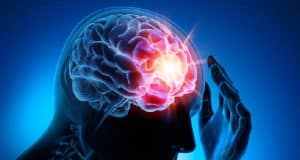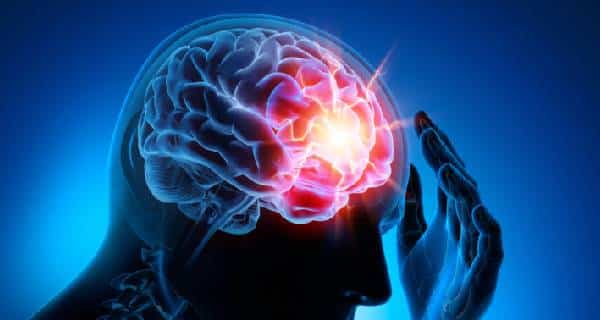
Concussion in Sport
In recent years, the topic of concussion is at the forefront of many sport related discussions.
An Internationally renowned clinician & researcher in sports-related concussions – Michael Collins – recently joined Peter Attia on ‘The Drive Podcast’ to discuss the latest research in the field. Read our podcast summary below to gain insight to Michael’s research and understanding of concussions.
What is a concussion?
The word concuss translates from Latin to English meaning “to shake violently”. Concussion is the mildest form of traumatic brain injury. Within the skull, the brain is suspended in protective fluid. Direct blows to the head, face, neck or body, causes the brain to shake within the fluid and collide into the skull. This damages the neurons in the brain and results in a concussion. There are no structural changes to the brain during concussions, meaning MRI’s or CT scans may not detect any changes.
Signs/Symptoms and Types of Concussion
Types of Concussion
There are six different types of concussions:
- Cognitive fatigue
- Vestibular (balance problems)
- Ocular (eye movements)
- Migraine
- Anxiety
- Neck
It is possible to have one type, or all six, each with different treatment protocols.
Signs of Concussion
Signs are what is observed of the athlete. This includes:
- Loss of consciousness
- Confusion
- Balance issues
- Vomiting
Symptoms of Concussion
Symptoms are what the athlete reports. There are around 21 different symptoms that may be reported including:
- Dizziness
- Fogginess
- Feeling detached
- Feeling one step behind
- Sensitive to light
- Sensitive to noise
- Nauseous
- Fatigued
- Blurred vision
- Double vision
- Fuzzy vision
- Headache
- Posttraumatic amnesia (loss of memory of the injury occurring/after it has occurred)
- Retrograde amnesia (loss of memory before the injury)
Severity of Concussions
Michael and his team has carried out extensive research into predicting the severity of concussion based on what signs and symptoms are experienced. They have found:
- On field dizziness is 6 times more predictive of a longer recovery route than any other symptom. With fogginess/feeling one step behind as the second best predictor. In fact, dizziness is 6 times more likely to cause a longer recovery time than losing consciousness. The reason being, when an athlete loses consciousness, it is rare that they would return to play. Whereas with dizziness, many athletes tend to play on without reporting the symptoms.
- In one retrospective study, they had a sample of 300 kids.150 were immediately removed from play at the onset of signs and symptoms, and had an average recovery time of 18 days. The other 150 kids played on for an extra 15 minutes from the onset of signs and symptoms, and had an average recovery time of 44 days. In a follow up study, they found that for every minute an athlete tries to play through the injury, an extra 7-8 days of recovery time is added.
Michael and his team have found that the best predictor of recovery is seeking treatment promptly. The longer you wait to be seen, the harder the concussion is to treat. It is recommended to be seen by a specialist within 7 days of sustaining the concussion.
Emerging research has also shown that rather than complete rest, the rehab process should involve targeted, controlled exercise, as prescribed by a concussion specialist. Essentially, rehabbing and retraining the brain as you would with any physical injury.
Final Note
It is important to recognise and manage concussions appropriately from the initial injury all the way to returning to sport. It is advised to download the ‘HeadCheck’ app which is an evidence based app, designed by the Murdoch Children’s Research Institute, to help identify concussion signs and manage recovery. Always remember ‘If in doubt, sit them out’.
References
Peter Attia, The Drive ‘#263 Concussions and Head Trauma: Symptoms, Treatment and Recovery Micky Collins Ph.D.’ July 2023.
Ausport.gov.au ‘Concussion in Australian sport, Australian Sports Commission’. Available at: https://www.concussioninsport.gov.au

